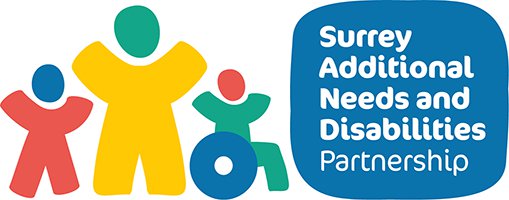Support for your child in Early Years (0-5)
Very young children develop at different rates and go through phases known as 'developmental stages'. Some children will need help that is different to what is usually given by their early education and childcare provider, also known as an 'early years setting'. This might be because the child has additional needs and/or a disability.
As a parent/carer you know your child best. If you are worried about your child's needs and development, talk to your early education provider, doctor or health visitor. They can make referrals to other services if needed.
These pages aim to help you find out more about the support available for young children, both locally and across Surrey. It will also explain the types of early years settings that might be best for your child.
Further information can be found on the following pages:
- What to do if you think your child has Additional Needs or Disabilities?
- Information about specific types of Special Educational Need








